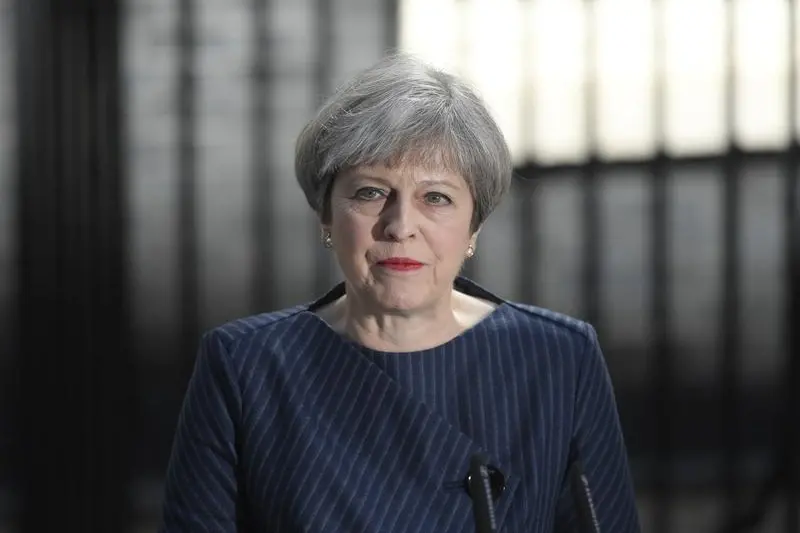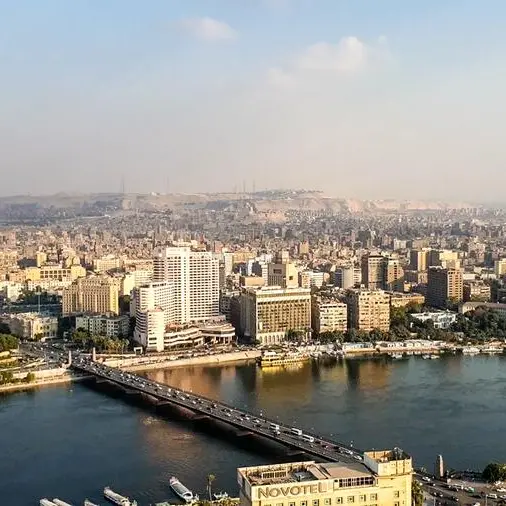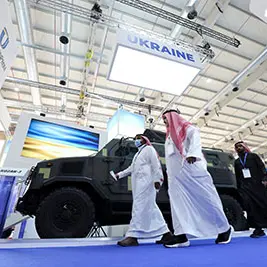PHOTO
Tuesday, May 30, 2017
One week from tomorrow, some 46 million Britons will have an opportunity to elect a new government for their nation, one that will shape its future relationship with the European Union (EU) and in a trading and diplomatic relationship with the rest of the world.
When the United Kingdom’s Prime Minister, Theresa May, decided to call the snap election on June 8, she did so knowing that her ruling Conservative party already had a working majority in the House of Commons at Westminster, and had a mandate to negotiate the terms of Brexit as decided in a referendum last June 23. But May was also motivated by the fact that the main opposition party, Labour — under the leadership of Jeremy Corbyn — was in political disarray, trailing her Tories by 18 percentage points in opinion polls.
This election campaign was meant to be May’s coronation, a late-spring romp through constituencies on her way to a super majority of 100 or more Members of Parliament, sending a clear message across the English Channel to Brussels that her newly-enhanced government meant Brexit business.
However, since the EU referendum, and as electoral events across Europe and the United States have shown, voters are volatile and nothing is a given. And the campaign for May has been anything but a romp, with her handlers ensuring that she appears only at carefully-managed appearances and has been kept away from much direct contact with “real” people who are not Conservative activists. The result is that May has come across as being aloof and out of touch. Even before the tragic events of Manchester last week, May’s lead in the opinion polls was slipping.
Since the Manchester attack, May, who was previously the home secretary with responsibilities for security and policing, has come under fire for cutting 20,000 frontline police positions from forces up and down England and Wales.
Corbyn has grown in stature but leaves many unsettled that his long-time support of left-wing causes renders him unsuitable for 10 Downing Street. And his past relationship with the Irish Republican Army and Sinn Fein, along with Hamas, have made him “soft” when it comes to terror.
May has refused to take part in a formal televised leadership debate, so Monday’s night’s separate questioning of both leaders is as close to a prime-time confrontation as voters are likely to get. Corbyn did appear more relaxed and natural under questioning, while May was assured but not warm. It was a draw — and this election is still May’s to lose.
Gulf News
Gulf News 2017. All rights reserved.





















